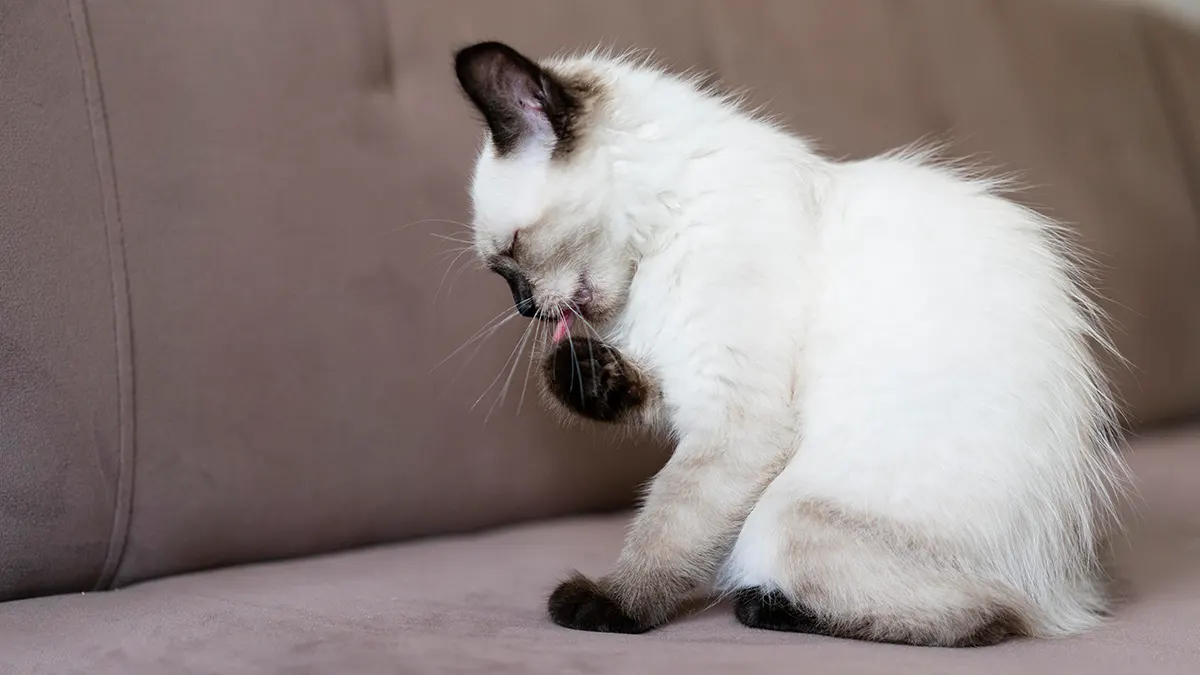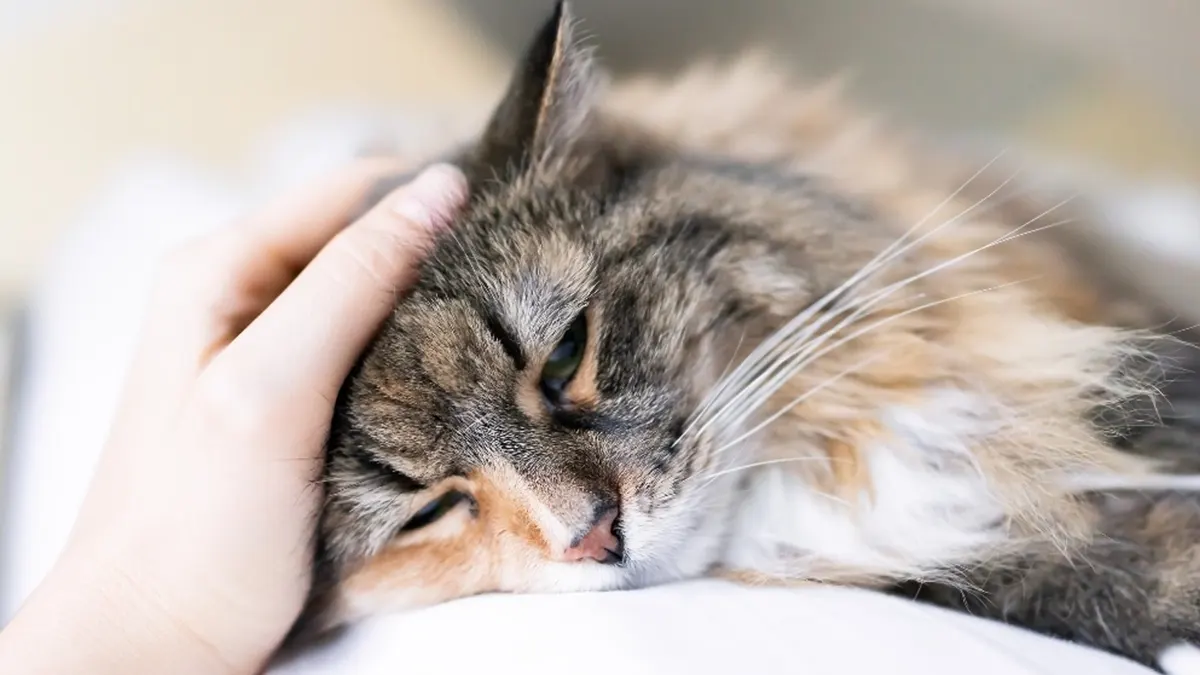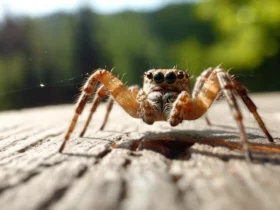If you’re asking yourself, “Why is my cat not eating and sleeping a lot?” you’re not alone. Cats are known for their love of napping, but when they stop eating and seem unusually lethargic, it could be a sign that something is wrong. In this article, we’ll explore the possible causes behind this behavior and offer guidance on what you can do to help your furry friend.
Table of Contents
1. Illness and Underlying Health Issues
One of the most common reasons a cat may stop eating and sleep more than usual is due to an illness. Cats are masters at hiding discomfort, so by the time you notice a change in their behavior, the illness may have already progressed. Common health issues that could explain “why is my cat not eating and sleeping a lot” include:
- Dental Problems: If your cat has tooth pain or gum disease, eating may become uncomfortable or even painful, causing a reduction in appetite.
- Infections: Bacterial or viral infections can cause your cat to feel lethargic and lose interest in food.
- Kidney Disease: Chronic kidney disease is common in older cats and can lead to a lack of appetite and increased lethargy.
- Diabetes: If left untreated, diabetes can cause your cat to become weak, lethargic, and lose its appetite.
If your cat’s behavior changes suddenly and it persists for more than 24 hours, it’s important to take them to a veterinarian for an examination.
2. Stress and Anxiety
Stress is another common cause for why your cat might not be eating and sleeping a lot. Cats are sensitive creatures, and changes in their environment or routine can easily stress them out. Some possible stressors include:
- New Pets: If you’ve recently introduced a new pet into the household, your cat may feel threatened or uncomfortable.
- Moving to a New Home: Cats are territorial animals, and moving to a new home can be a major source of anxiety.
- Changes in Routine: Even small changes, such as a new feeding schedule or the arrival of a new family member, can stress a cat.
If you think stress might be the reason why your cat is not eating and sleeping a lot, try to create a calm environment. Ensure your cat has a quiet, comfortable place to retreat, and stick to a consistent routine.
3. Aging and Slowed Metabolism
As cats age, they naturally tend to slow down. Senior cats may sleep more and eat less due to a decrease in metabolism. However, this doesn’t mean you should ignore the behavior. It’s important to monitor older cats closely to ensure that their increased sleep and reduced appetite aren’t signs of underlying health problems.
If your cat is a senior and you’re wondering, “Why is my cat not eating and sleeping a lot?” consider scheduling regular vet checkups to catch any potential age-related illnesses early.
4. Dehydration and Heat Exhaustion
In some cases, dehydration or heat exhaustion can explain why your cat is not eating and sleeping more. Cats often hide signs of dehydration, but you may notice the following symptoms alongside a lack of appetite and lethargy:
- Dry gums
- Sunken eyes
- Panting
Dehydration is particularly common in hot weather. Make sure your cat always has access to fresh water and a cool, shaded area, especially during the summer months. If you suspect your cat is dehydrated, consult your vet immediately.
5. Recent Vaccination or Medication
If your cat has recently been vaccinated or is taking medication, these could also explain why your cat is not eating and sleeping a lot. Some medications or vaccines may cause side effects like drowsiness or a lack of appetite. These effects are usually temporary, but if they persist, it’s a good idea to contact your vet to ensure there aren’t any complications.
6. Gastrointestinal Issues
Digestive problems can lead to a decrease in appetite and increased lethargy in cats. Conditions such as pancreatitis, constipation, or intestinal blockages may cause discomfort, leading to a lack of interest in food and prolonged sleep. If your cat is vomiting, has diarrhea, or seems to be in pain, these could be signs of gastrointestinal distress.
7. Pain or Injury
Cats that are in pain may sleep more and refuse to eat. Injuries, arthritis, or other sources of pain can cause cats to become less active and less interested in food. Check your cat for any signs of injury, and consult a vet if you suspect they are in pain.
When to See a Veterinarian
If you’re still wondering “why is my cat not eating and sleeping a lot” after considering the above factors, it’s important to consult with a veterinarian. Changes in appetite and sleep patterns can be symptoms of serious health issues, and early intervention can make a big difference in treatment outcomes. You should contact a vet immediately if:
- Your cat has stopped eating for more than 24 hours.
- There are signs of pain, such as limping or vocalizing.
- You notice other symptoms such as vomiting, diarrhea, or weight loss.
- Your cat has a history of health issues like kidney disease or diabetes.
What You Can Do to Help
If your cat is not eating and sleeping a lot, here are some steps you can take to improve their condition:
- Monitor Their Diet: Try offering different types of food, including wet and dry varieties, to see if it entices your cat to eat.
- Provide a Stress-Free Environment: Reduce stressors in your cat’s environment by offering quiet spaces and sticking to routines.
- Ensure Hydration: Make sure your cat has access to clean, fresh water at all times. You can also try offering broth to keep them hydrated.
- Schedule a Vet Visit: If the problem persists, don’t hesitate to bring your cat to the vet. Early diagnosis can help prevent more serious issues.
Conclusion
“Why is my cat not eating and sleeping a lot?” is a question that concerns many cat owners, and while some causes may be benign, others could signal serious health problems. From illness and stress to aging or injury, there are a number of reasons that could explain these changes in behavior. Monitoring your cat closely, providing comfort, and consulting a veterinarian when necessary can help you address the issue and ensure your cat returns to their normal self.








